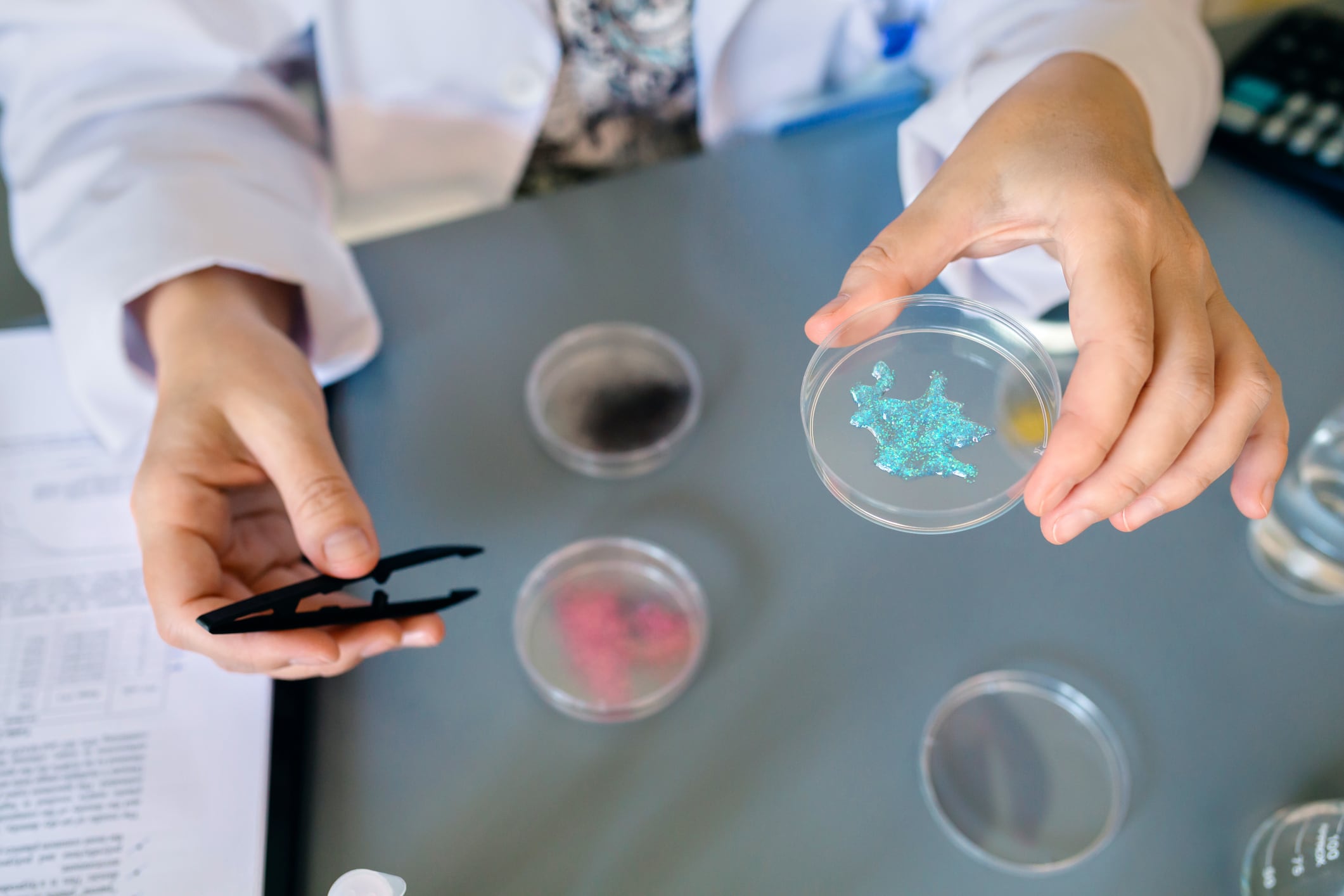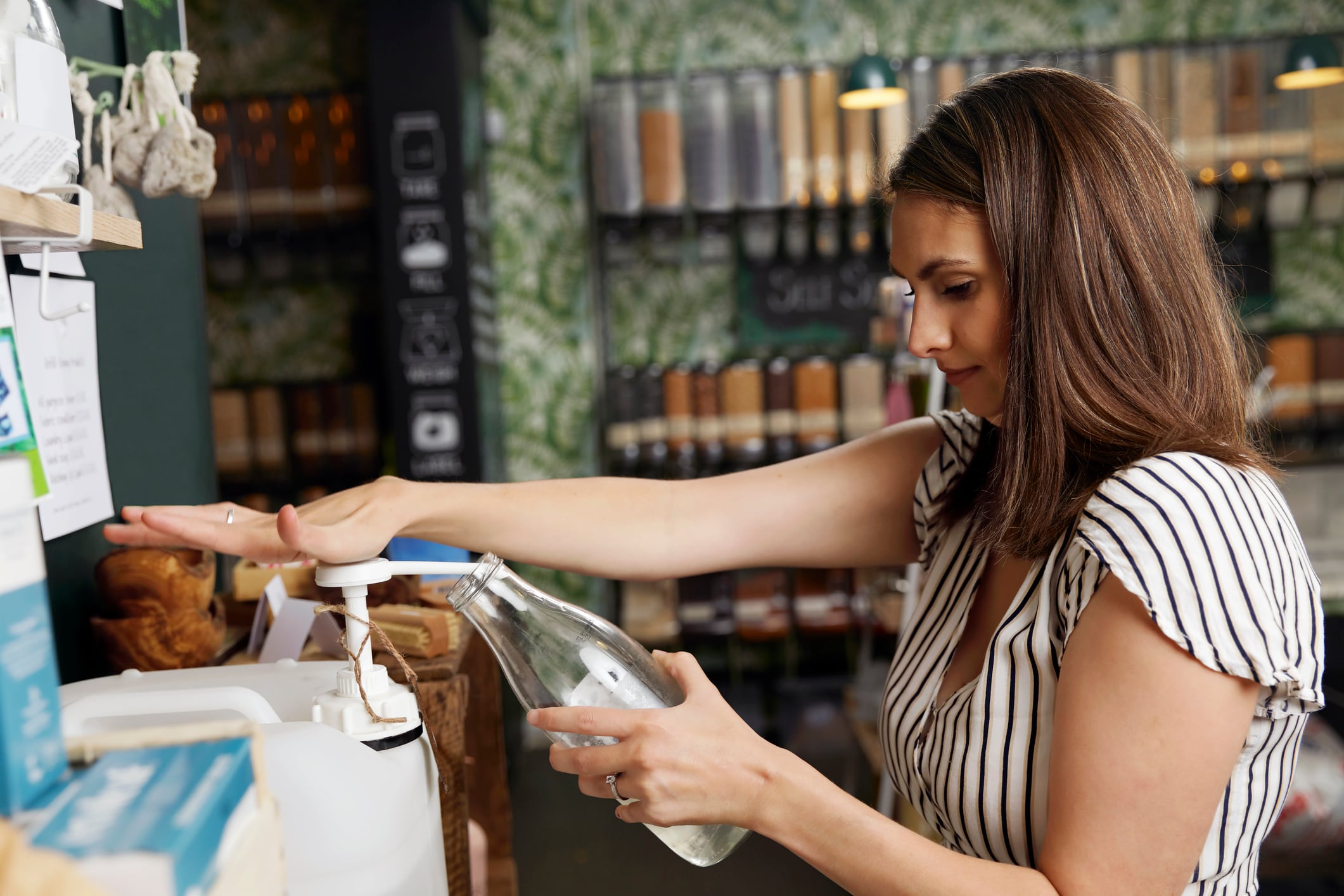The beauty and personal care industry is under more pressure to reduce its environmental footprint, particularly when it comes to eco-responsibility and the use of fossil-based ingredients and microplastics in formulations.
Here are some of the companies that have innovated in this space.
Marine ecotoxicity testing for R&D
In recent years, there has been more attention on ocean pollution and the decline of marine biodiversity, which has led more beauty shoppers to consider the environmental impact of the cosmetics they use on the marine ecosystem, thus resulting in growing demand for eco-designed sunscreen products.
In response to this, the testing company INNOV&SEA has created a marine ecotoxicity test for cosmetics formulators to use during the R&D process.
The business is a spin-off of a Centre national de la recherche scientifique (CNRS) laboratory at the Université Côte d’Azur Nice.
Using this tool, beauty and personal care brands can give a precise assessment of the environmental impact of formulas throughout the R&D process, which the business says “allows for upstream action by adjusting the composition or eliminating controversial ingredients, with the overall aim to reduce its ecological footprint on the marine ecosystem.”
Sustainable microplastics alternative
Danish startup Cellugy created a cellulose-based ingredient platform EcoFLEXY to address environmental challenges, such as replacing fossil-based ingredients and microplastics. The ingredients are rheology modifiers, rather than active ingredients.
The firm has just received €8.1m in EU grant funding to scale its sustainable microplastics alternative for cosmetics formulations.
According to Cellugy’s CEO Dr Isabel Alvarez-Martos the funds will now allow the company to scale production.
Plant-based, biodegradable pigments, sequins and glitters
Sparxell has created 100% plant-based, biodegradable colour pigments, sequins and glitters for colour cosmetics.
Made from renewable cellulose that is one hundred per cent nature positive, this replaces synthetic materials, reduce, greenhouse gas emissions and stops reliance on microplastics.
Invasive seaweed as a cosmetic ingredient
Finnish green chemicals company Origin by Ocean has joined forces with German chemicals firm CABB Group to open a biorefinery in Kokkola, Finland, which will transform invasive seaweed into cosmetic ingredients.
The plant will extract valuable chemicals from Sargassum seaweed using Origin by Ocean’s patented technology. According to the two companies, the invasive brown seaweed is severely affecting coastal communities in the Caribbean and West Africa, rendering beaches unusable and disrupting local economies. The fishing industry has suffered due to imbalances in marine ecosystems.
Origin by Ocean cited data from the Government of Jamaica, which estimates that cleaning up Sargassum from Caribbean beaches costs approximately $120 million annually.
Upcycled tomato oil
Australian company Native Extracts upcycled tomatoes for its Red Velvet Oil, which the company claims offers a multitude of benefits, including anti-ageing, barrier function, sunscreen, after-sun care and ingestible beauty-from-within.
The business converts over 5,000 tonnes of surplus tomato seeds and food processing waste biomass into this cold-pressed oil each year, which it dubbed “an eco-responsible source of lycopene, phytosterols and fatty acids.”
Upcycled olive squalane
French company Sophim created an olive squalane for skin care formulations – Photosqualan. The natural-sourced emollient obtained from upcycled olive oil from the food industry offers soothing, anti-inflammatory, anti-stretch marks, anti-ageing, anti-wrinkle and antioxidant.




